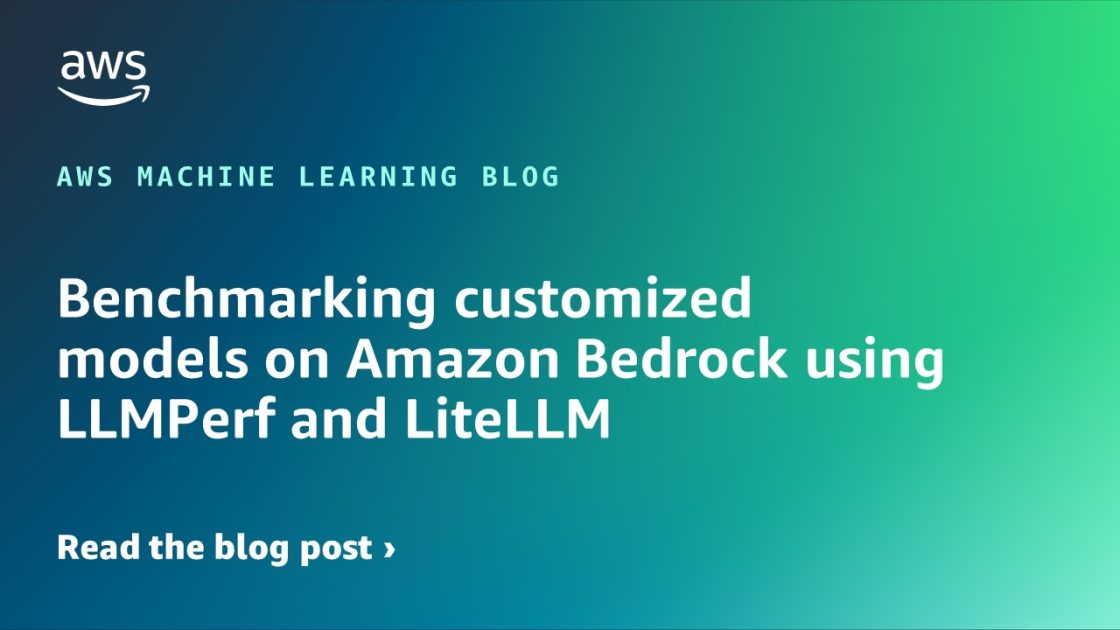Currently, organizations are discovering the transformative potential of open-source foundation models (FMs) to develop AI applications tailored to their specific needs. However, the implementation of these models can be a complex and laborious process, consuming up to 30% of the total project time. The main reason for this difficulty lies in the need for engineers to precisely adjust instance types and configure service parameters through extensive testing, a process that requires deep technical knowledge and an iterative methodology.
To address this challenge, Amazon has introduced the Bedrock Custom Model Import, an API designed to streamline the deployment of custom models. This tool allows developers to upload model weights, delegating the optimal management of the deployment process to AWS. This solution not only promotes efficient and cost-effective deployment, but also ensures automatic scalability, allowing models to automatically shut down if they do not receive invocations for five minutes. This approach ensures that costs align with actual usage, making users only pay for active periods.
Before deploying these models in production, it is crucial to evaluate their performance using benchmarking tools that proactively identify potential issues and ensure that solutions can handle anticipated loads. To this end, Amazon has started a series of blog posts addressing the use of DeepSeek and open-source FMs in the context of Bedrock Custom Model Import. These posts also analyze the benchmarking process of custom models using recognized open-source tools such as LLMPerf and LiteLLM.
LiteLLM stands out as a flexible tool, which can be used both as a Python SDK and as a proxy server, allowing access to over 100 FMs through a standardized format. This utility is essential for the invocation of custom models, optimizing invocation configuration and setting parameters that simulate real traffic conditions to evaluate performance.
Through proper script configuration, engineers can measure critical metrics such as latency and performance, key points for the success of AI-powered applications. By using LLMPerf, it is possible to simulate different traffic loads and multiple clients making concurrent requests, allowing real-time performance metrics to be collected. This process not only helps anticipate issues in production but is also invaluable for estimating costs by monitoring active model copies through Amazon CloudWatch.
Although Bedrock Custom Model Import facilitates the deployment and scalability of models, benchmarking remains a crucial aspect to anticipate behavior in real conditions and to compare different models on key metrics such as cost, latency, and efficiency. Organizations looking to maximize the impact of their custom models will need to explore these tools and resources to carry out a successful and effective implementation of their AI applications.
via: MiMub in Spanish











